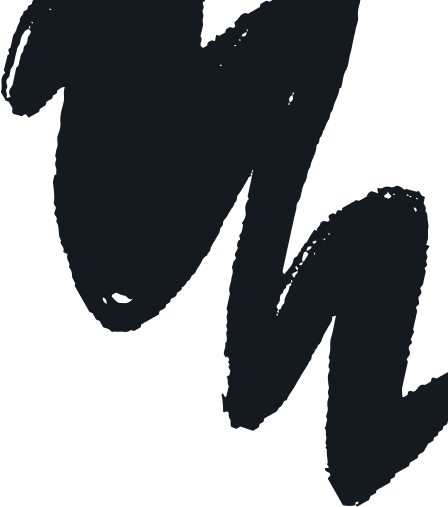
The 228 IQ genius who warned us about schools
The 228 IQ genius who warned us about schools
The 228 IQ genius who warned us about schools
The 228 IQ Genius Who Warned Us About Schools
Before Marilyn vos Savant became a household name for her "Ask Marilyn" column, she achieved something extraordinary: the highest recorded IQ in history at 228.
But her most valuable insight isn't her remarkable intelligence—it's her diagnosis of what's killing our children's natural genius.
"One of the problems is compulsory schooling," vos Savant explains. "Children are sitting there and they are taught and told what to believe. They are passive from the very beginning."
This observation cuts to education's core contradiction: Children are born as relentless questioners and explorers, yet traditional schooling methodically transforms them into passive information consumers.
The result? "They never learn to think independently."
The Goat Behind Door #3
Nothing illustrates vos Savant's point better than the infamous "Monty Hall Problem" that appeared in her Parade Magazine column.
To recap yesterday's trivia: You're on a game show with three doors. Behind one is a car; behind the others are goats. You pick Door #1. The host, who knows what's behind each door, opens Door #3, revealing a goat.
Should you stick with Door #1 or switch to Door #2?
Vos Savant correctly stated that switching doubles your chances of winning—from 1/3 to 2/3.
The response? Over 10,000 letters poured in—including from mathematics professors—insisting she was wrong. One Ph.D. wrote: "You blew it... Let me explain: If one door is shown to be a loser, that information changes the probability of either remaining choice to 1/2."
Vos Savant calmly stood her ground and was ultimately proven correct. (The mathematics involve conditional probability, and her explanation was flawless.)
The spectacular failure of trained mathematicians to solve a probability problem reveals something crucial: Even highly educated people struggle with independent thinking when it contradicts what they've been taught.
Vos Savant's solution isn't more rigorous academics—it's teaching children to analyze information rather than accept it.
"I would teach children how to read different sources," she explains. "Get them a paper that leans left, get them a paper that leans right that day, and show them the difference in the headlines."
This approach—comparing multiple perspectives rather than absorbing single viewpoints—builds the foundation for critical thinking in a world of conflicting information.
Perhaps most radically, vos Savant questions the foundation of modern education: "I would rather not see compulsory schooling... If we allowed kids to become very, very motivated, learn how to go out and do things on their own..."
Her vision of self-directed learning driven by intrinsic motivation rather than external requirements represents a fundamental challenge to our educational assumptions.
For parents navigating educational choices today, vos Savant's perspective offers a valuable lens. The most important question isn't which curriculum delivers the most content or which school offers the most prestigious credentials.
It's which environment nurtures your child's natural curiosity and intellectual independence—the true foundations of lifelong intelligence that no IQ test can fully measure.
What aspects of your child's education help them think independently? Share your thoughts by replying to this email.
Subscribe to The OpenEd Daily
Join 20,000+ families receiving curated content to support personalized learning, every school day.
.webp)
.avif)


.png)
.png)
.png)